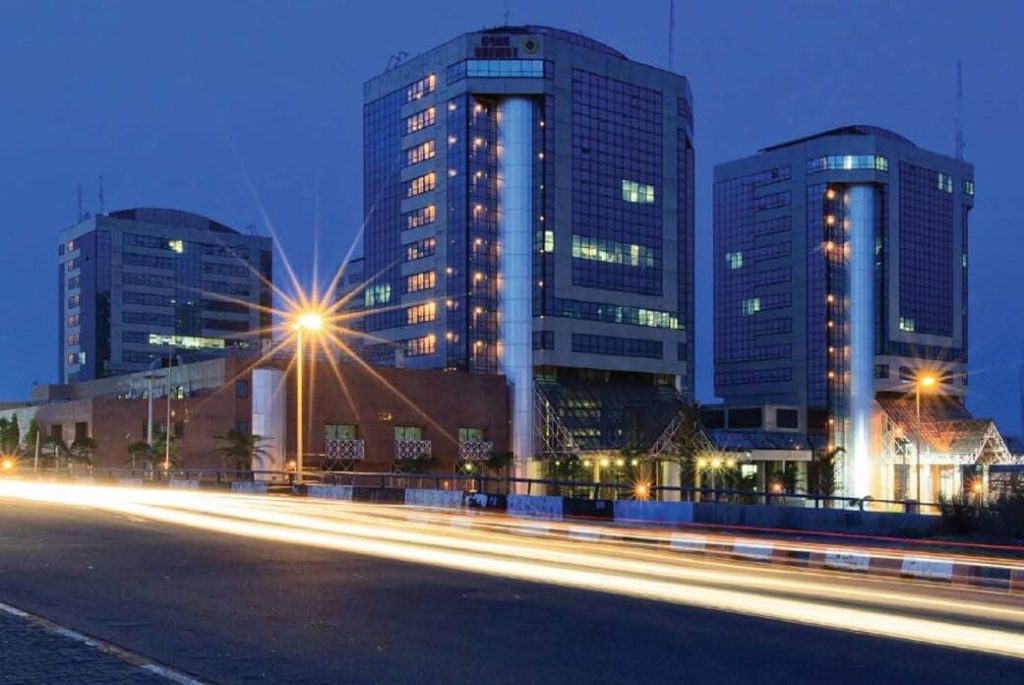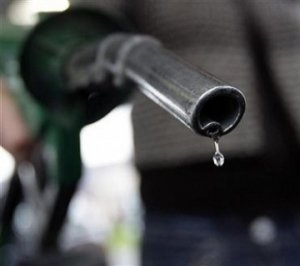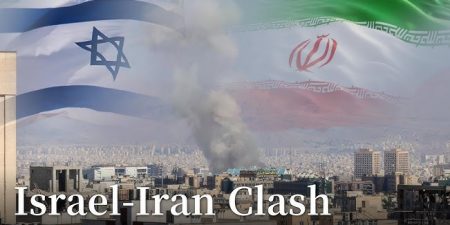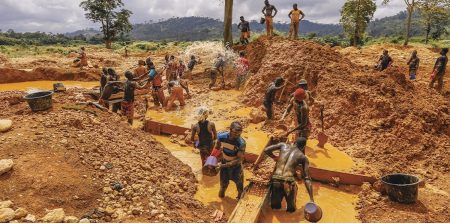
Hector Igbikiowubo
Lagos — President Bola Ahmed Tinubu’s decision to sack the board of the Nigerian National Petroleum Company Limited (NNPC Ltd) and appoint Bayo Ojulari as the new Group CEO marks the end of an era under Mallam Mele Kyari, whose leadership has become a paradox of reform and stagnation
Mele Kyari, a geologist and former Group General Manager of Crude Oil Marketing at NNPC, was appointed Group Managing Director (later Group CEO after incorporation) in July 2019 by former President Muhammadu Buhari. His tenure saw the NNPC transition from a state-run corporation to a commercially driven limited liability company under the Petroleum Industry Act (PIA) 2021.
High Points of Kyari’s Leadership
Implementation of the Petroleum Industry Act (PIA) 2021
Kyari oversaw the transition of NNPC into NNPC Ltd, a commercially oriented entity, in compliance with the PIA. This was aimed at improving transparency and attracting private investment.
Increased Oil Production (At Times)
Under Kyari, Nigeria saw periods of improved oil production, including hitting over 1.8 million barrels per day (bpd) in early 2020 before a sharp decline due to oil theft and pipeline vandalism.
Dangote Refinery Deal and Modular Refineries Push
Kyari negotiated a crude supply agreement with the Dangote Refinery, which is expected to reduce Nigeria’s dependence on fuel imports. He also supported modular refinery projects to boost local refining capacity.
Nigeria-Morocco Gas Pipeline Project
The NNPC under Kyari advanced discussions on the $25 billion Nigeria-Morocco Gas Pipeline, a mega-project aimed at boosting gas exports to Europe.
Automation and Transparency Measures
Kyari introduced digital tracking systems for crude oil theft and launched the NNPC’s first-ever published audited financial reports (2018-2020), though critics questioned their completeness.
Low Points and Controversies
Zero Remittance to Federation Account (2020-2022)
For years, NNPC failed to remit revenues to the Federation Account due to deductions for petrol subsidies and operational costs. In 2022, the company reported zero remittance, sparking outrage among states and the federal government.
Petroleum Subsidy Mismanagement
Under Kyari, subsidy payments ballooned from ₦154 billion in 2019 to over ₦4 trillion in 2022, draining public funds. The NNPC’s sole control of subsidy payments lacked transparency, leading to allegations of corruption and inefficiency.
Massive Oil Theft and Declining Production
Despite Kyari’s efforts, crude oil theft reached unprecedented levels, with Nigeria losing over 400,000 bpd at its peak in 2022. This led to a drop in production to as low as 900,000 bpd, severely impacting revenue.
Controversial Oil Exploration in the North
Kyari pushed for oil exploration in the North, particularly the Kolmani River project, which critics deemed a political move rather than an economically viable venture due to low proven reserves.
Fuel Scarcity and Import Dependency
Despite being Africa’s top oil producer, Nigeria faced persistent fuel scarcity under Kyari’s watch due to NNPC’s monopoly on imports and inefficiencies in distribution.
Questionable Audits and Lack of Full Transparency
While Kyari made efforts to open NNPC’s books, audits revealed huge losses (₦803 billion in 2018, ₦1.7 trillion in 2019), raising concerns about fiscal discipline.
Failed Revamp of NNPC Refineries Despite Huge Expenditure
One of the most criticized aspects of Mele Kyari’s tenure was the **failed rehabilitation of Nigeria’s state-owned refineries**—Port Harcourt, Warri, and Kaduna—despite billions of dollars spent.
$1.5 Billion Approved for Port Harcourt Refinery Rehabilitation (2021):
Kyari announced in 2021 that the federal government had approved $1.5 billion for the refurbishment of the Port Harcourt refinery, with completion promised by 2023. However, as of 2024, the refinery remains non-functional, with repeated delays blamed on “technical issues.”
Warri and Kaduna Refineries Also Stalled:
Similar rehabilitation projects for Warri ($1.2 billion) and Kaduna refineries were announced, but none delivered results. Instead, Nigeria continued to rely on expensive fuel imports, costing the nation billions in subsidies.
No Functional Refinery After Five Years:
Despite Kyari’s assurances, none of the refineries resumed production under his leadership, raising questions about the management of funds and the sincerity of the revamp process.
NNPC’s Shrinking Equity in Dangote Refinery
In 2021, the NNPC announced it had acquired a 20% stake in the $19 billion Dangote Refinery, Africa’s largest refinery, as part of a strategic move to secure domestic fuel supply. However, controversies soon emerged:
Actual Stake Reportedly Lower Than Claimed:
Investigations revealed that NNPC’s actual equity contribution was far less than the projected $2.76 billion (20% of $19 billion). The NNPC only fulfilled payment for 7.2% of the stake, which amounts to $1 billion, with an additional $36 million in transaction costs. This payment was made through a $1.036 billion funding facility from the Lekon Refinery Funding Limited.
Debt Financing Instead of Direct Investment?
Some reports suggested that NNPC’s “investment” was structured as an oil-backed loan rather than a straightforward equity purchase, meaning Nigeria may still be exposed to repayment risks rather than enjoying full profit benefits.
Crude Supply Controversy: Will NNPC Feed Dangote Refinery Reliably
The Dangote Refinery was designed to run on Nigerian crude, but NNPC’s ability to supply feedstock has been questioned due to:
Nigeria’s Declining Oil Production:
With crude output falling below 1.4 million bpd (far short of the OPEC quota), there are concerns that NNPC may struggle to meet its supply obligations to the Dangote Refinery while also servicing export contracts.
Subsidy Debts and Crude-for-Fuel Swap Deals:
NNPC’s existing crude swap agreements (like the Direct Sale, Direct Purchase, DSDP, scheme) may conflict with supplying The Dangote Refinery, potentially leading to fuel supply disruptions if prioritization becomes an issue.
Allegations of Favoritism:
Critics argue that NNPC’s deal with Dangote Refinery disproportionately benefits a private entity while failing to revive Nigeria’s own refineries, raising questions about fairness and national interest.
A Mixed Legacy
Mele Kyari’s tenure was a paradox of reform and stagnation. While he modernized NNPC’s corporate structure and initiated key projects, his leadership was overshadowed by opaque subsidy payments, declining oil output, and revenue leakages. His removal signals President Tinubu’s push for a new direction in Nigeria’s oil sector, with Bayo Ojulari now tasked with addressing these deep-rooted challenges.
While Kyari pushed for corporate transformation under the PIA, his inability to deliver on refinery rehabilitation and ensure transparency in deals like Dangote’s leaves a questionable legacy. His successor, Bayo Ojulari, must now address these unresolved issues to restore confidence in Nigeria’s oil sector.
The next NNPC CEO must prioritize transparency, curb oil theft, and ensure profitability to justify the company’s commercialized status. Kyari’s legacy will be remembered for both his bold reforms and the unresolved crises that persisted under his watch.



